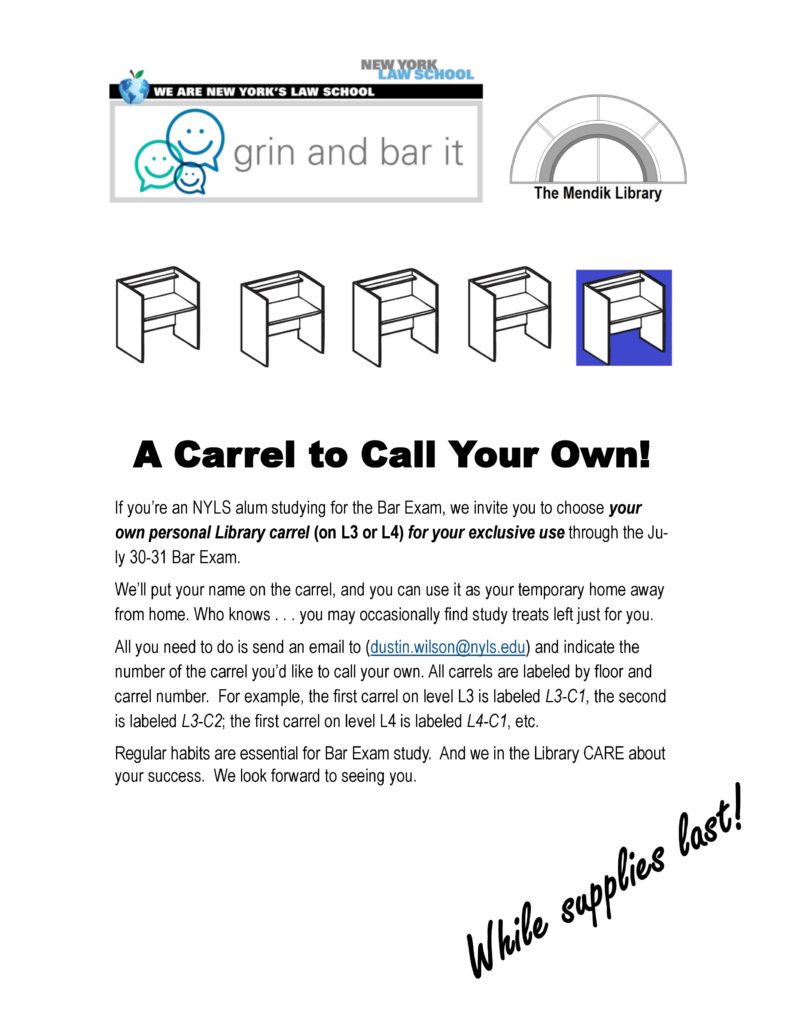Retired Supreme Court Justice John Paul Stevens died at the age of 99 on July 16, 2019, in Fort Lauderdale, Florida. With over three decades on the Supreme Court bench, wearing his trademark bowtie, Stevens was the third-longest serving Justice of the high court before his June 2010 retirement.
Born and raised in Chicago, Stevens grew up in the heyday of the Roaring Twenties. After graduating from the University of Chicago, he served as a codebreaker in the U.S. Navy during World War II, and upon his discharge, enrolled at Northwestern University School of Law. Shortly after his graduation, he secured a Supreme Court clerkship with Justice Wiley Rutledge, and when that ended, went into private practice specializing in antitrust law. In 1970, President Richard Nixon nominated Stevens to the United States Court of Appeals for the Seventh Circuit, where he made a name for himself as a moderate conservative judge. Five years later, President Gerald Ford appointed him to fill the Supreme Court vacancy created by the retirement of Justice William O. Douglas.
Justice Stevens leaves an indelible impression on many of the critical social issues that have reached the Supreme Court. The broad scope and range of his many opinions include those impacting abortion, affirmative action, civil rights, climate change, criminal justice, the death penalty, and many other pressing issues.
Despite a perceived evolution in his ideology over the course of his years on the bench, Justice Stevens was known to be an intellectual and pragmatic jurist, with a strong aversion to ideological and partisan characterizations. His commitment to justice and passion for “learning on the job” helped him garner a reputation for honesty, humility and wisdom as well as the respect of many.
If the impact and influence of a jurist can be determined by how much has been written about him and his body of work, the numerous tributes and memorials that have proliferated since his passing provide testimony to Justice Steven’s exemplary life and judicial career.
The following is a list of works written by Justice Steven that are available in the Library’s collection:
The Making of a Justice: Reflections on my First 94 Years (2019)
KF8745 .S78 A3 2019
With William N. Eskridge Jr., Interpreting Law: A Primer on How to Read Statutes and the Constitution (2016)
KF425.E833 2016
Six Amendments: How and Why We Should Change the Constitution (2014)
KF4557 .S74 2014
Five Chiefs: A Supreme Court Memoir (2011)
KF8745.S78 A3 2011


